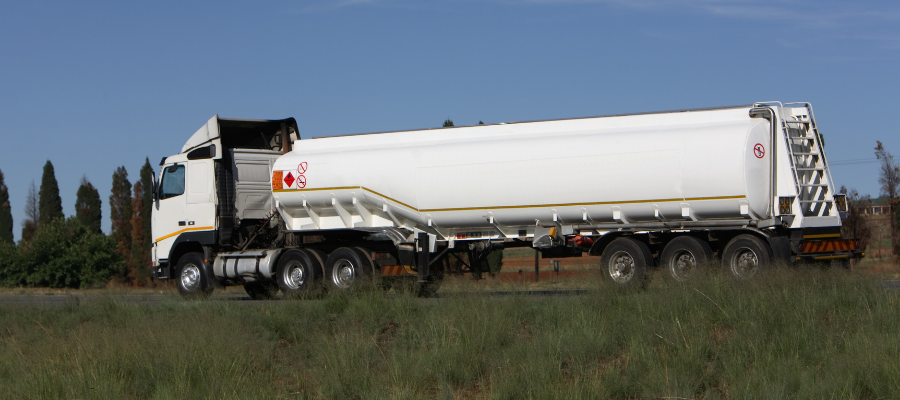🕒 Article read time: 2 minutes
Helping you manage fuel in uncertain times
Sponsored content

Planning budgets and paying for fuel in a logistics fleet requires the ability to be both near- and far-sighted.
On the one hand, unforeseen events are shaping the way you work on a daily basis, while on the other, global issues can throw a shadow over planning for the future.
The emergence of the Omicron COVID-19 variant is one such event that had an immediate impact. Just as most businesses had got themselves into a working routine again, Omicron has come along and disrupted operations, while firms are having to reintroduce safety measures they thought they had seen the last of.
Before the onset of Omicron, the global oil markets had reached a situation that was the reverse of early 2020: too much demand and not enough supply. Fuel prices had been steadily climbing through 2021, as oil prices surpassed the 2019 average of around $60 per barrel, then hit more than $80 with indications pointing to either levelling out or reaching earlier peaks of $100 to $110.
Yet, when Omicron struck, markets worried that there would be reduced consumption and by early December, prices were back to around the $70 mark. Of course, this may continue to be the case if this variant is found to be more severe, but if not and lockdowns become a distant memory, then we may see prices start to climb again.
However, returning production to 2019 levels and shipping fuel is proving difficult, owing to serious problems with the global supply chain, while the politics around fuel prices are complex too: oil-producing nations and organisations like OPEC do not want to oversupply the market and cause the price to plummet again.
So, there is a lot of confusion and many unknowns to contend with. Trying to predict future fuel prices in an unpredictable environment is increasingly difficult. For logistics fleets, it means that it is more important than ever to manage everyday costs – at least if you are doing this, you are able to exert some control, and this is where fuel cards come in.
USING A FUEL CARD TO REDUCE COSTS
As a member-only benefit, the Logistics UK Fuel Card has been developed in partnership with The Fuelcard Company to provide you with a host of benefits that include extensive cost savings through discounted fuel prices, interest free credit, risk management and streamlining of your administration processes.
With savings of up to 10p per litre at motorway stations, 3,000 multi-branded sites nationwide and a fixed weekly diesel price, the Logistics UK Fuel Card is designed to give you peace of mind. You can reduce your fuel costs, remain fully informed and in control of your fleet, and reduce your administration time, all with a card that has no set-up fees, no contract and no cancellation fee.
No matter what happens in the global fuel markets, Logistics UK is also at the forefront of supporting members and the logistics industry in reducing the burden of rising Fuel Duty by lobbying government to cut Fuel Duty in order to boost the UK economy.
*www.logistics.org.uk/fuelcard
Published On: 16/12/2021 16:00:06

Comments Section
If you are a Logistics UK member login to add comments.